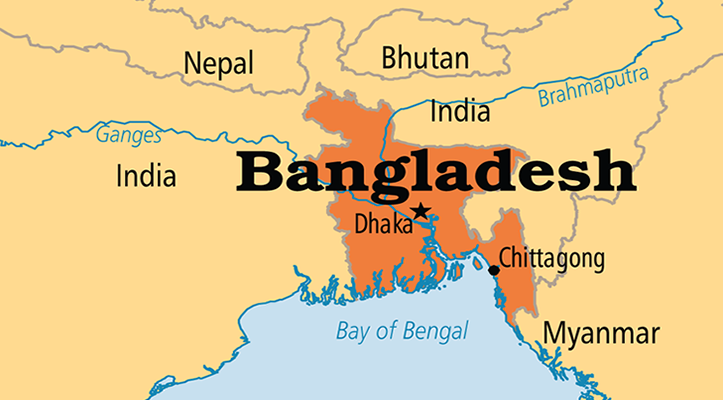Paragraph 1: The Incident and Initial Reactions
Shohely Akhter, a 36-year-old Bangladeshi international cricketer, has been banned from all cricketing activities for five years after admitting to multiple breaches of the International Cricket Council’s (ICC) anti-corruption code. The incident revolves around Akhter’s attempt to bribe a fellow Bangladeshi player during the 2023 Women’s T20 World Cup held in South Africa. Akhter offered the unnamed player £13,000 (approximately $16,000 USD) to deliberately underperform by getting dismissed and losing her wicket. This act of soliciting corruption aimed to manipulate the outcome of matches in the prestigious tournament. Notably, Akhter was not part of the Bangladeshi squad participating in the World Cup, raising questions about her motives and potential involvement of a broader network.
Paragraph 2: Bangladesh Cricket Board’s Response and Anti-Corruption Efforts
The Bangladesh Cricket Board (BCB) reacted swiftly and strongly to the incident, expressing deep disappointment and reaffirming its commitment to upholding the integrity of the game. Najmul Abedin Fahim, BCB Director and Head of the Women’s Wing, termed Akhter’s actions "unfortunate" and emphasized the Board’s zero-tolerance policy towards corruption in cricket. He highlighted the BCB’s ongoing efforts to combat match-fixing and other corrupt practices at all levels of the sport in Bangladesh. This incident underscores the persistent challenges faced by cricket authorities worldwide in preventing and addressing corruption, which can undermine the fairness and spirit of the game.
Paragraph 3: Shohely Akhter’s Cricket Career and Charges
Shohely Akhter’s international cricket career, spanning over a decade, has come to an abrupt end due to her involvement in this corruption scandal. Primarily a spinner, she represented Bangladesh in 13 Twenty20 Internationals (T20Is) and two One Day Internationals (ODIs), with her last appearance for the national team dating back to 2022. The ICC’s investigation revealed that Akhter admitted to five breaches of the anti-corruption code, including the aforementioned bribery attempt. Significantly, she also confessed to obstructing and delaying the investigation into her misconduct, further compounding the severity of her offenses.
Paragraph 4: The Impact of Corruption on Cricket and Women’s Cricket
This incident highlights the pervasive threat of corruption that continues to plague cricket globally. Match-fixing and spot-fixing scandals have tarnished the sport’s image and eroded public trust over the years. The involvement of a women’s cricketer in this case adds another layer of concern, as it potentially jeopardizes the growth and development of women’s cricket, which has witnessed significant progress and increasing popularity in recent times. Such incidents can discourage aspiring female cricketers and undermine the efforts to promote gender equality in sports.
Paragraph 5: ICC’s Anti-Corruption Measures and Importance of Reporting
The ICC’s swift action in banning Shohely Akhter demonstrates its unwavering commitment to maintaining the integrity of the game. The five-year ban serves as a strong deterrent to potential offenders and reinforces the message that corruption will not be tolerated. The fact that the unnamed Bangladeshi player reported Akhter’s approach underscores the importance of reporting suspicious activities and adhering to the ICC’s anti-corruption protocols. The courage and integrity displayed by the player who reported the bribe attempt are crucial in upholding the spirit of fair play and ensuring the long-term health of the sport.
Paragraph 6: Looking Ahead: Lessons and Prevention Strategies
The Shohely Akhter case serves as a reminder that cricket authorities, players, and stakeholders must remain vigilant in the fight against corruption. Strengthening education and awareness programs for players about anti-corruption measures is vital. Promoting a culture of ethical conduct and encouraging reporting of any suspicious activity are essential steps towards preventing future incidents. Continuous monitoring and investigation by anti-corruption units are crucial to detecting and addressing corrupt practices. Ultimately, a collective effort is required to protect the integrity of cricket and ensure that the game remains fair and competitive for all.














